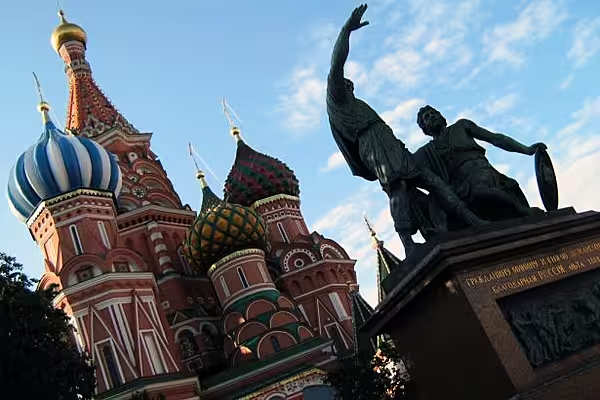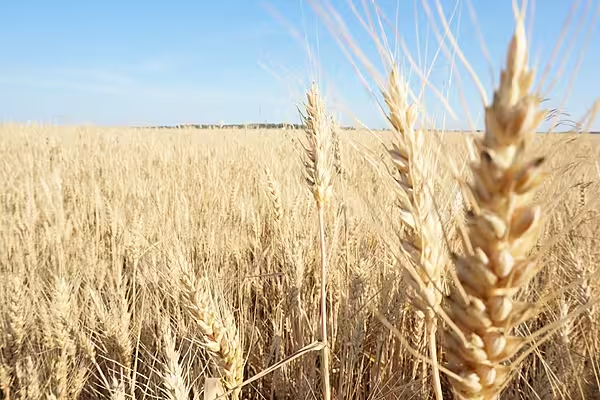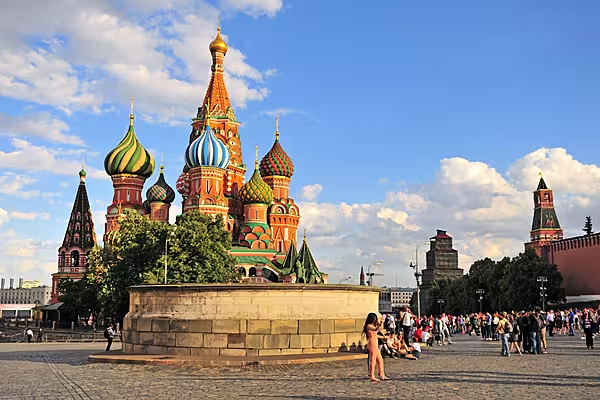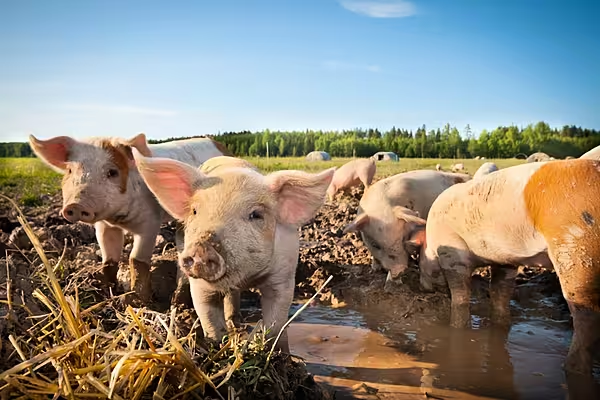Russia banned a range of Turkish food imports from Jan. 1 and is curbing travel in retaliation for the downing of a bomber on the Syrian border.
The measures, which include canceling the countries’ visa- free travel agreement and limiting the number of cargo trucks permitted into Russia starting next year, will last until revoked, according to a statement on the government’s website. The list of barred produce includes poultry, as well as fruit and vegetables such as tomatoes, onions, cucumbers and tangerines, according to the decree.
The government in Moscow called for tour operators to stop selling vacations to Turkey, the most popular destination abroad for Russian tourists. It also banned charter flights to Turkey from Dec. 1, other than return trips.
The measures are part of President Vladimir Putin’s push to retaliate after the shooting down of a warplane by Turkey’s military last week. Putin said the country’s leaders failed to apologize for a “treacherous stab in the back” in what was the first such military confrontation between Russia and a NATO member since the Cold War.
Inflation Risk?
Turkey accounted for 20 percent to 40 percent of the fruit and vegetables sold in Russian stores during the cold season, retail lobby group ACORT said Tuesday in a statement. The measures may push consumer prices higher, according to Barclays Plc and Alfa Bank.
Russia doesn’t expect a jump in inflation because of the restrictions, Interfax reported, citing Agriculture Minister Alexander Tkachev. The nation has suppliers in other countries to replace those it may lose in Turkey, Tkachev was cited as saying.
The embargo is only a first step, Prime Minister Dmitry Medvedev said Monday. His deputy, Arkady Dvorkovich, said the delay in the Turkish produce ban is designed to avoid a surge in inflation.
Last August, Russia banned some imports from nations that supported sanctions over its involvement in the conflict in Ukraine, targeting goods from French cheese to Polish apples. The Russian authorities destroyed hundreds of tons of embargoed food since then.
The nation’s agriculture watchdog, known as Rosselkhoznadzor, will also have the right to destroy banned food from Turkey starting Jan. 1, RIA Novosti reported, citing the regulator’s press service.
News by Bloomberg, edited by ESM. To subscribe to ESM: The European Supermarket Magazine, click here.














